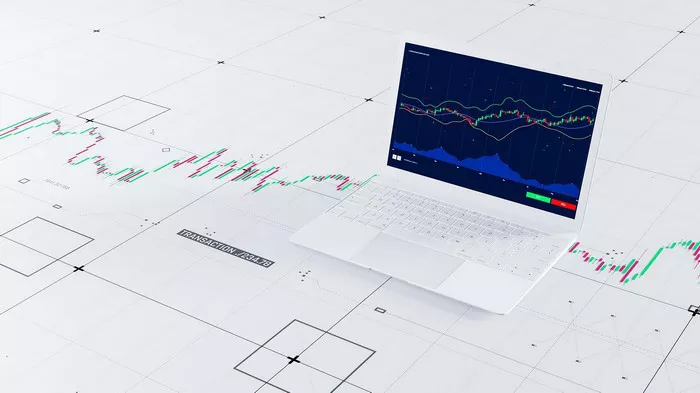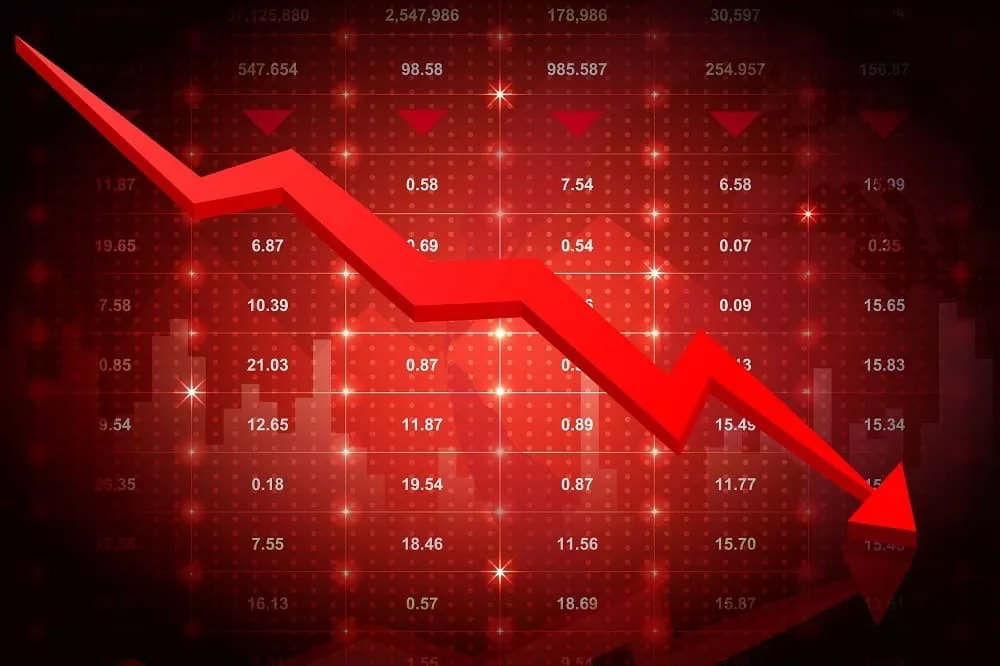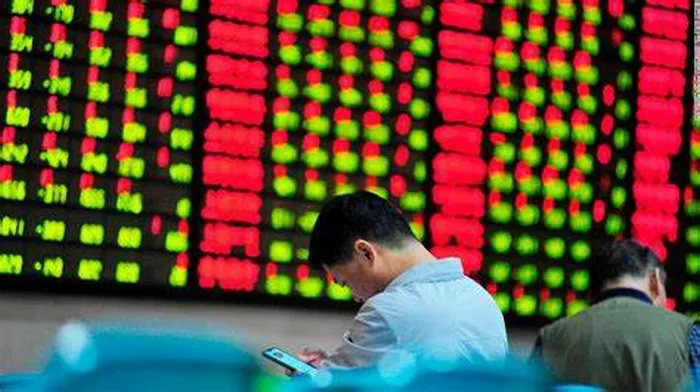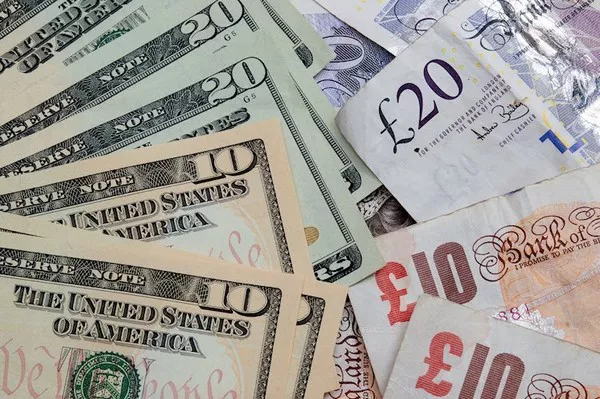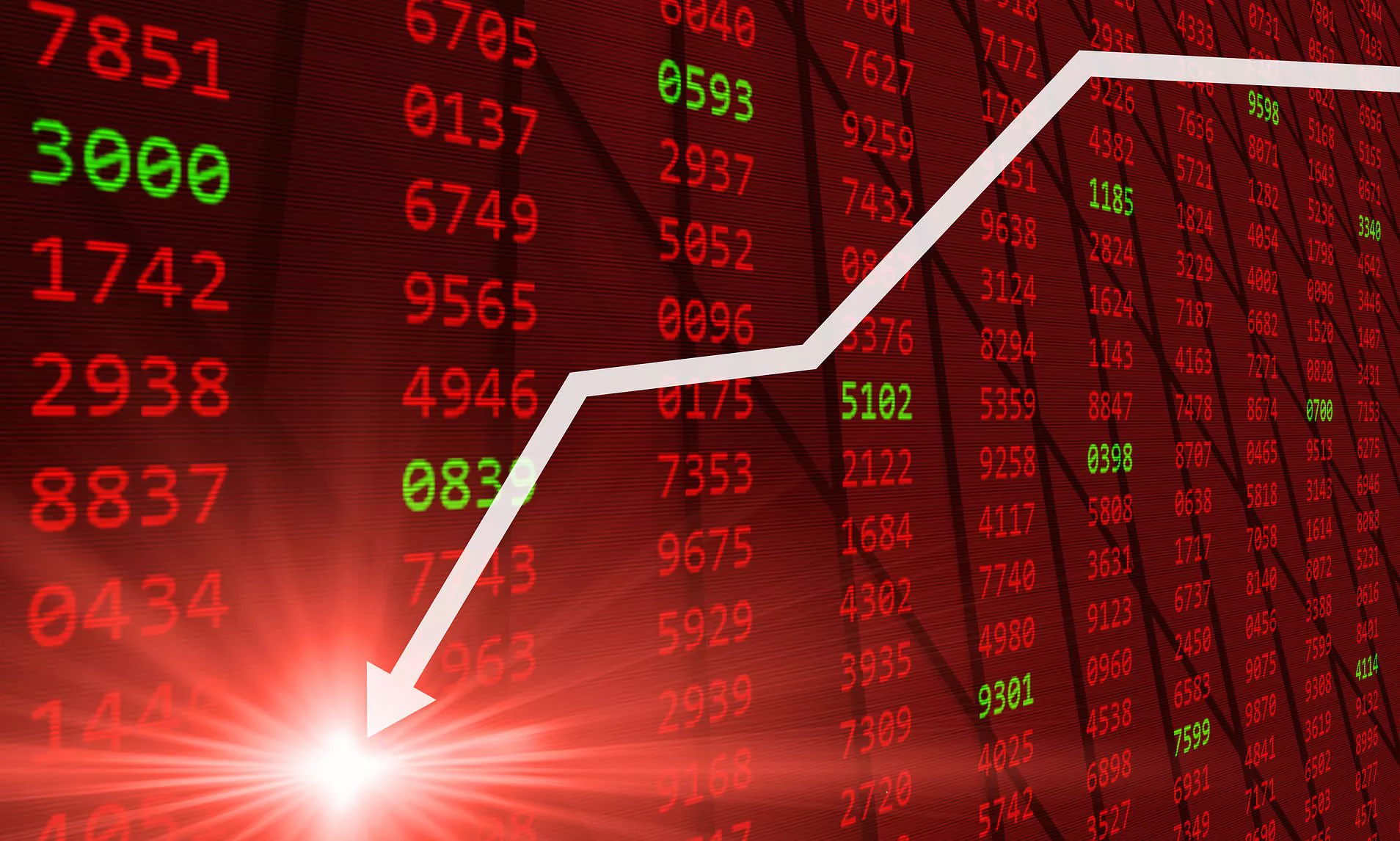Chinese stock markets saw a rise as President Donald Trump refrained from imposing immediate tariffs on China. Investors were initially on edge, fearing a quick escalation of trade tensions. However, Trump’s decision not to take immediate action against China has provided a temporary boost to Chinese assets.
Trump Delays Additional Tariffs on China
Despite threatening tariffs of up to 25% on Mexico and Canada, President Trump did not announce any immediate tariffs on China, easing some of the market’s concerns. As a result, Chinese stocks experienced notable gains.
The Hang Seng China Enterprises Index rose by 1.3% as of Tuesday’s mid-day trading break. The CSI 300 Index, which tracks mainland shares, fluctuated but ultimately gained 0.4%. Meanwhile, the offshore yuan slipped slightly by 0.1%, though it retained much of its previous rally.
Relief Rally for Chinese Stocks
Chinese stocks led gains across Asia, bouncing back after months of market pressure due to rising trade tensions. Earlier this month, the MSCI China Index entered bear market territory, and the offshore yuan remained near its record low despite the central bank’s interventions.
Economist Serena Zhou of Mizuho Securities Asia Ltd. commented on the uncertain environment, stating, “It’s too hard to predict the uncertainty. We still believe the threat of a 60% tariff on China exports is leverage to secure better terms in negotiations with China.”
Traders, while cautious, felt optimistic. The market is still under the shadow of potential tariff announcements in the near future, which could affect Chinese stocks.
Impact on Canada and Mexico
Following Trump’s remarks about Canada and Mexico, their currencies dropped by as much as 1.4%. This served as a reminder of the ongoing trade negotiations and their global impacts.
Expert Insights on Market Outlook
Mark Cudmore, a strategist at Bloomberg, believes global stocks will continue to rise, while the dollar may weaken. He emphasized that Trump’s approach to tariffs is likely to be more tentative and drawn-out than initially anticipated.
Hopes for a Deal Between Xi and Trump
There has been growing optimism about a potential trade agreement between China’s President Xi Jinping and Trump. After a positive phone call last week, Trump described the conversation as “very good.” While trade wars are not new to China, its economy is currently in a weaker state compared to the previous Trump administration. China is now more reliant on exports, making the situation more delicate.
Market Reactions to Trump’s Executive Orders
Global markets have experienced volatility as investors respond to Trump’s series of executive orders. A Bloomberg gauge of the dollar gained momentum after initially sliding over 1% on Monday. US Treasury yields dropped by up to 10 basis points in Asia, as investors adjusted their expectations on inflation.
Uncertainty Over Future Tariffs
Although traders view Trump’s lack of immediate action on China tariffs as a positive sign, the uncertainty remains. The president has also suggested that additional taxes could be imposed on Chinese goods if China blocks the sale of the popular social media app TikTok to a US company.
Christopher Wong, a strategist at Oversea-Chinese Banking Corp., cautioned that “tariff development remains highly uncertain in terms of timing, magnitude, and scope of product. It’s basically a lot of headline-trading.”
As the trade war continues to unfold, Chinese stocks will likely remain subject to fluctuating market conditions, driven by the unpredictable nature of Trump’s policies.
Related topics:











